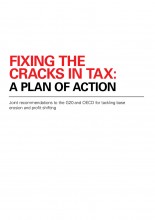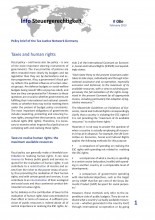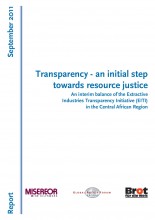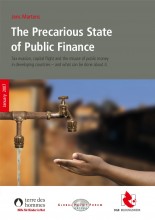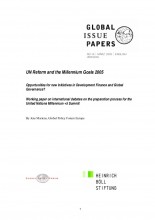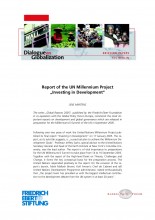TJN’s 2013 Financial Secrecy Index exposes yawning gap between G20 rhetoric and reality
Today the Tax Justice Network launches its 2013 Financial Secrecy Index, the biggest ever survey of global financial secrecy. This unique index combines a secrecy score with a weighting to create a ranking of the countries that most actively and aggressively promote secrecy in global finance.
This new edition of the Financial Secrecy Index shows that the United Kingdom is the most important global player in the [...]



